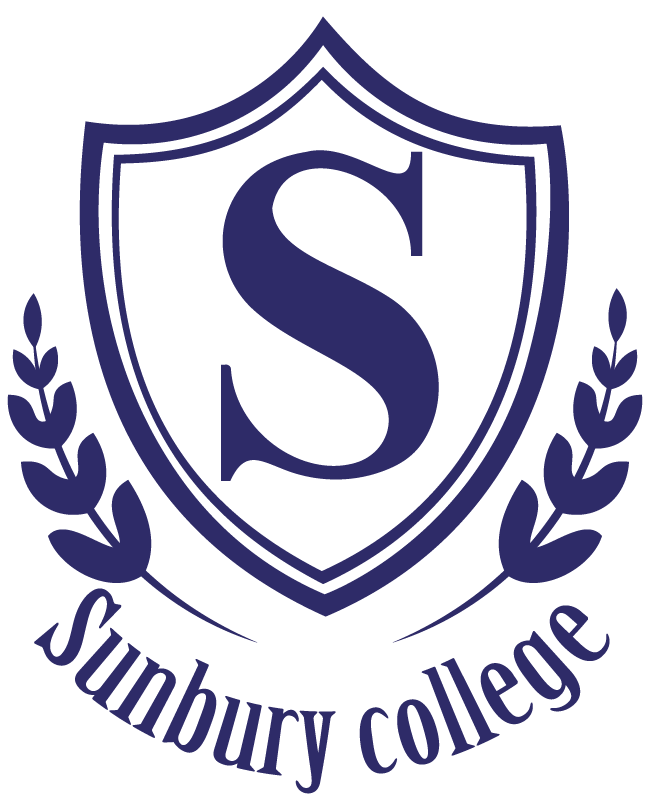COMPUTER SCIENCE & TECHNOLOGY
Empowering digital innovators through advanced computing education.

Discover the World of Computing
Our Computer Science & Technology A-Level programme is designed to equip learners with a deep understanding of computational thinking, programming, and the systems that power modern technology. Through a flexible online structure, students learn at their own pace with the guidance of experienced tutors. The curriculum prepares them for both university admission and real-world tech applications.
This pathway is ideal for those interested in how technology works, how it’s built, and how it shapes the world. Students explore the role of computing in business, science, society, and creative industries.

Programme Highlights
This pathway offers students a future-focused foundation in digital literacy and computational thinking. Learners will gain both theoretical knowledge and hands-on experience in programming, algorithms, and systems architecture, developing critical skills needed in the tech industry and higher education.
Key Highlights:
- Build practical skills in coding using real-world programming languages
- Explore key computing concepts such as algorithms, data structures, and logic
- Gain awareness of emerging fields like cybersecurity, AI, and software development
- Develop transferable skills in research, analysis, and problem-solving
- Prepare for university-level computing courses or technology-driven careers

PROGRAM REQUIREMENTS
To succeed in this pathway, students are typically expected to have a strong foundation in key STEM subjects. Most A-Level courses in Computer Science & Technology recommend:
A broad range of GCSEs (or equivalent)
At least a grade C (or grade 4) or above in Computer Science, Mathematics, and Physics
These subjects provide the analytical and logical skills needed for advanced study in computing and technology-related fields.
Explore Our A Level Subject Options
Study what matters most to your future — with full support and zero
application fees.
-
Computer Science
This A Level course delves into the foundational principles of computing, such as programming, data structures, algorithms, and systems architecture. It challenges students to think logically, solve complex problems, and develop software skills that are essential for careers in software development, cybersecurity, and artificial intelligence.
-
Information Technology
This course emphasizes the practical application of IT systems, including project development, data analysis, and digital communication tools. Students explore how IT supports business processes and decision-making, preparing them for roles in IT consultancy, data management, and digital innovation.
-
Physics
A Level Physics delves into the fundamental principles that govern the universe — from the tiniest subatomic particles to the vast mechanics of galaxies. This course builds strong analytical and problem-solving skills by exploring topics such as forces, motion, energy, electricity, waves, quantum phenomena, and modern physics.
It is ideal for students aiming for careers in engineering, data science, architecture, computer science, or aerospace. Physics is also highly valued for its intellectual rigor, logical reasoning, and mathematical application.
At Sunbury College, our A Level Physics programme combines clear theoretical instruction with practical investigation to help students grasp complex concepts with confidence and precision. You’ll learn to think critically, test hypotheses, and engage deeply with the scientific method.
-
Mathematics
A Level Mathematics is one of the most respected and versatile qualifications you can choose. Highly valued by universities and employers alike, it builds essential skills in logical reasoning, problem-solving, and analytical thinking — all of which are vital for success in a wide range of fields.
Whether you're aiming for a degree in engineering, economics, physics, data science, or business, or simply want to strengthen your academic foundation, studying A Level Maths will set you apart. It demonstrates resilience, intellectual curiosity, and the ability to think critically, making it an ideal choice for ambitious students looking to stand out.
At Sunbury College, our A Level Maths programme is designed to support you every step of the way, from mastering core principles to applying them in real-world contexts.
